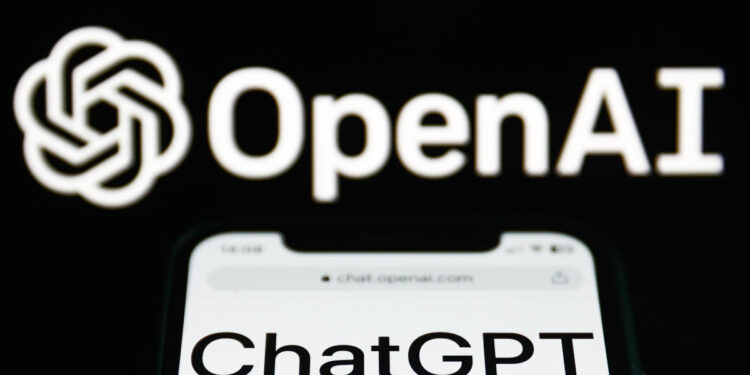OpenAI has launched Deep Research, an AI-powered tool designed to help users conduct in-depth research and analysis using ChatGPT. Unlike standard AI responses that provide quick summaries, Deep Research gathers, interprets, and processes information from multiple sources, handling complex tasks that would typically take humans hours to complete.
The feature is tailored for professionals in fields like finance, science, policy, and engineering, as well as consumers making important purchases that require thorough comparisons, such as cars, appliances, and furniture.
Currently, Deep Research is available to ChatGPT Pro users with a 100-query monthly limit, but OpenAI plans to expand access to Plus, Team, and Enterprise users soon. To use it, users must select the “deep research” option in ChatGPT’s web platform and input their query. The AI then takes 5 to 30 minutes to generate a detailed response, notifying users once it is ready. While only available on desktop and web, OpenAI plans to roll out mobile and desktop app integration later this month.
Regarding accessibility in different regions, OpenAI stated that the launch is geo-targeted, with no release timeline for the U.K., Switzerland, and the European Economic Area.
At launch, Deep Research provides only text-based outputs, but OpenAI plans to enhance it with data visualizations, embedded images, and advanced citation tracking. OpenAI also aims to connect it to specialized data sources, including subscription-based and internal resources for more comprehensive research.
The tool is powered by a specialized version of OpenAI’s o3 model, optimized for web browsing, real-time reasoning, and deep analysis. It scored 26.6% accuracy on an expert-level assessment outperformed competitors such as Gemini Thinking (6.2%), Grok-2 (3.8%), and OpenAI’s own GPT-4o (3.3%).























































